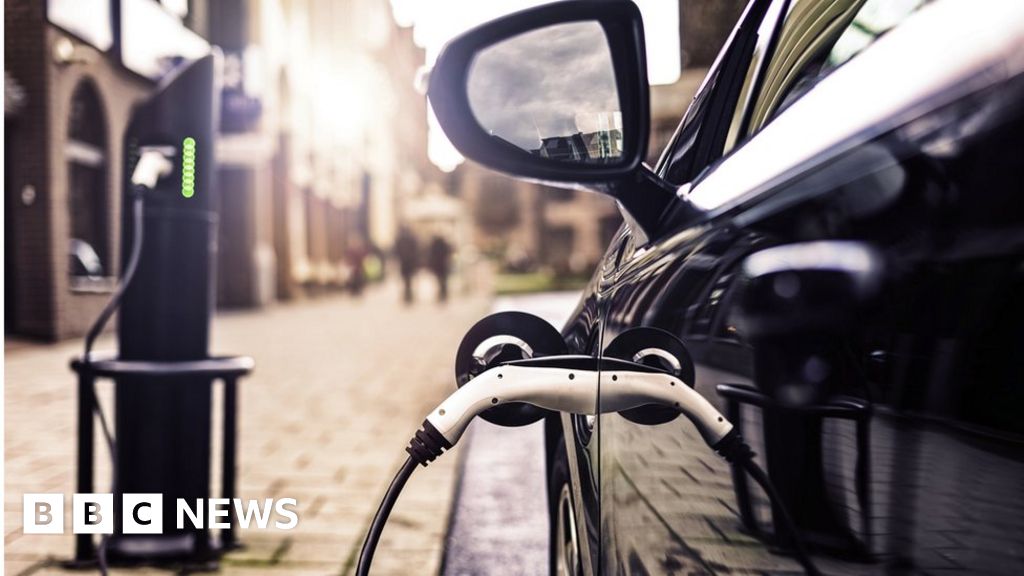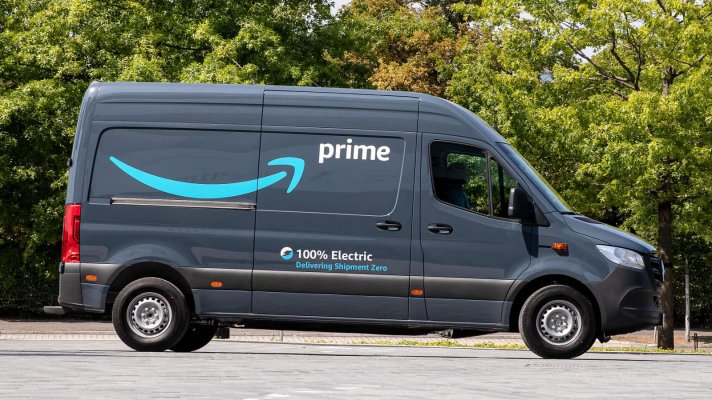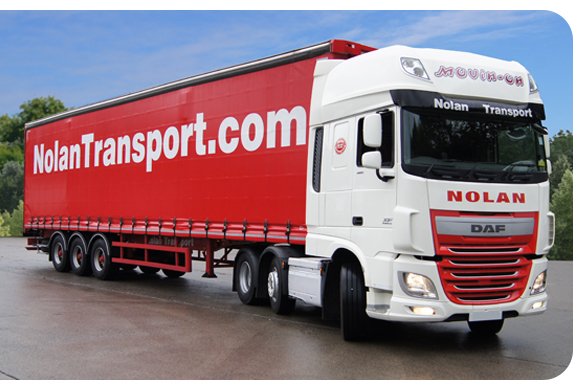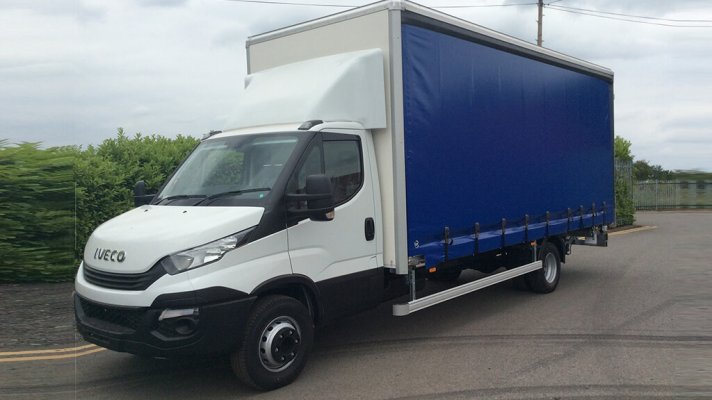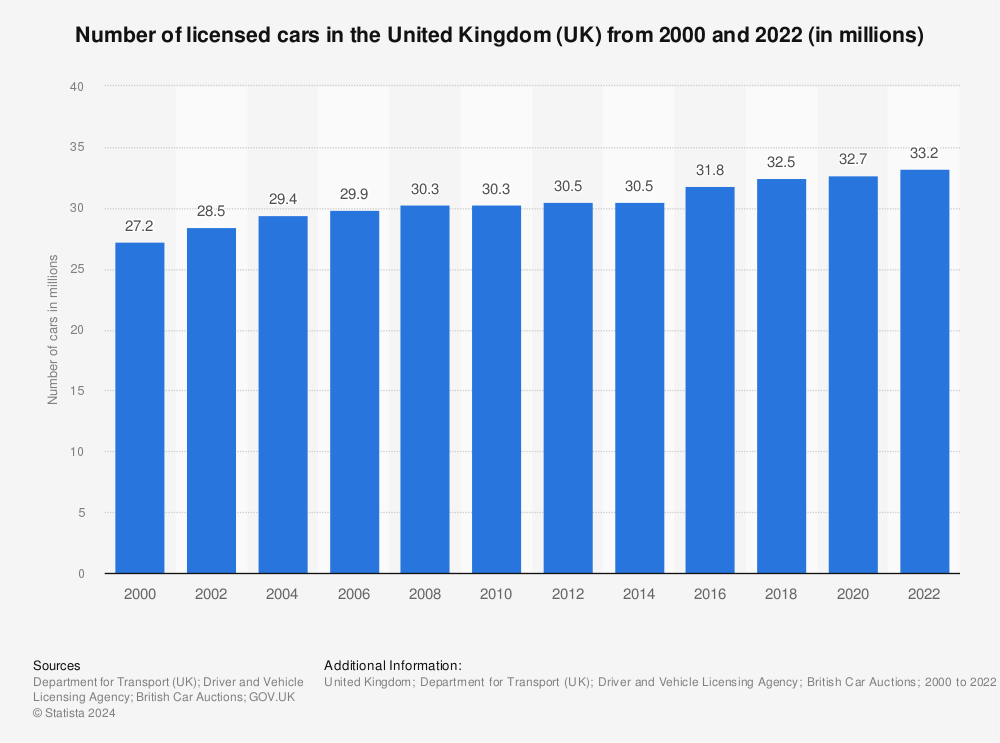Or congestion can be decreased by expanding road capacity instead of (perversely) always trying to constrain it..
Yes, but there's a limit to how much we can expand road capacity in urban areas, before we go into compulsory purchase and knocking down homes.
This is because the number of cars in the UK just keeps going up:
Giving cars more road space in cities will only provide a very temporary short term respite from traffic congestion. The problem will be back to how it was before within the decade, as more and more cars are added to our roads.
The mid term planning has to evolve around how to stop these cars from travelling into city centres, and not around how to keep building even wider roads.
The long term goal has to be reversing the trend of constant growth in the number of privately owned vehicles, especially given the steady population growth.
And, as far as urban areas are concerned, efficient and affordable public transport is the key to all of the above.
The Victorians understood that public transport is key to prosperity in cities, and started digging tunnels for trains under London's streets 150 years ago. Since them, we've lost the plot.
